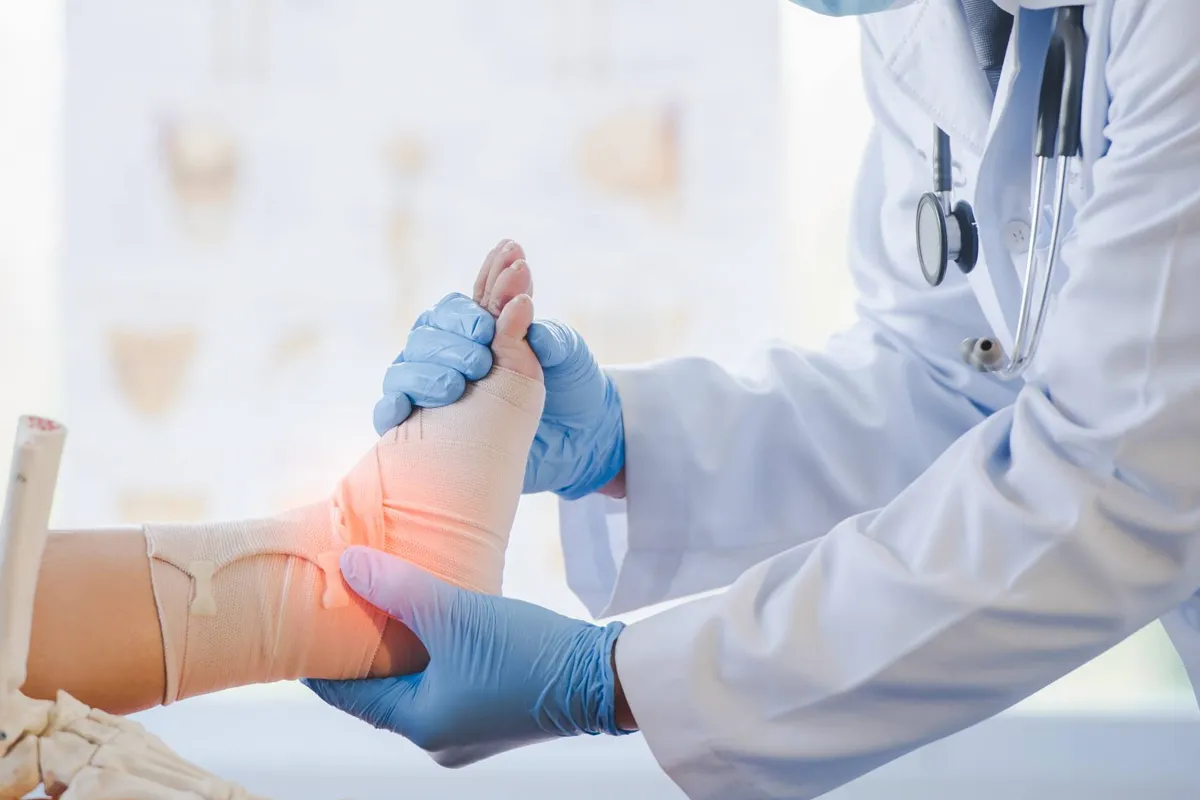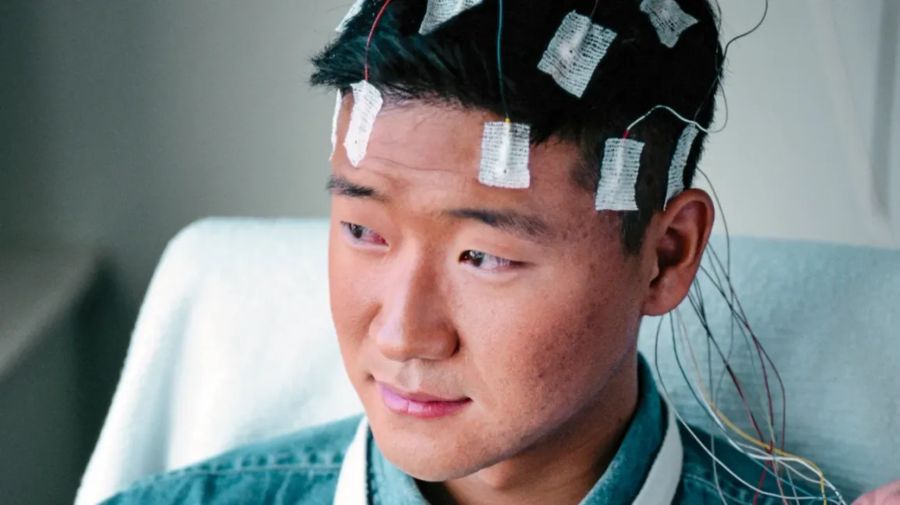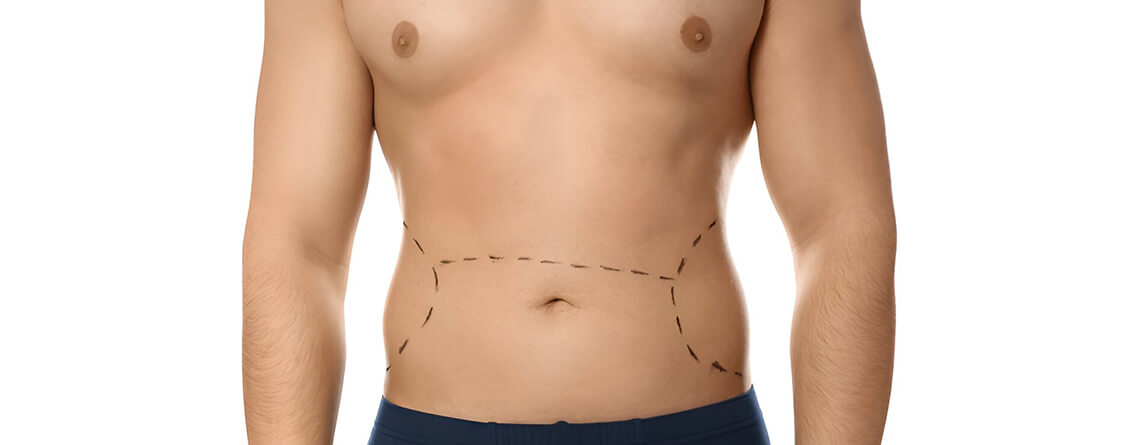Dual diagnosis treatment refers to a specialized form of healthcare designed for individuals who are dealing with both a mental health disorder and a substance use disorder simultaneously. This approach recognizes the intricate relationship between mental health and substance abuse, acknowledging that each can exacerbate the other. For example, individuals battling depression may turn to alcohol to cope, while those addicted to drugs may develop anxiety or other mental health conditions as a result of their usage.
In New Jersey, the need for dual diagnosis treatment has risen dramatically due to the state’s ongoing battle with the opioid epidemic and the growing prevalence of mental health issues. The Garden State has seen a significant number of cases where individuals struggle with both conditions, highlighting the critical importance of an integrated treatment approach.
Why Is Dual Diagnosis Treatment Different?
Dual diagnosis treatment stands apart from standard rehabilitation programs because it provides a comprehensive approach tailored to address both mental health and addiction. Traditional rehab might focus exclusively on detox or recovery from substance abuse, but without addressing underlying mental health conditions, the risk of relapse is high. In contrast, dual diagnosis treatment offers therapies that treat both disorders simultaneously, providing individuals with the tools to achieve long-term recovery.
New Jersey offers several state-of-the-art facilities, such as the Valley Spring Recovery Center, which specializes in providing dual diagnosis care. These centers employ a multidisciplinary team, including psychiatrists, psychologists, addiction counselors, and medical professionals, ensuring holistic and effective care.
Components of Dual Diagnosis Treatment
- Comprehensive Assessment
The first step in dual diagnosis treatment is a thorough assessment. Professionals evaluate both the mental health condition and the addiction to understand how the two interact. This stage is critical because it allows for the creation of a personalized treatment plan. - Integrated Therapy
Dual diagnosis treatment incorporates multiple therapeutic approaches, such as cognitive-behavioral therapy (CBT), dialectical behavior therapy (DBT), and group therapy. These therapies aim to address emotional triggers, teach coping strategies, and foster resilience. New Jersey’s treatment centers excel in tailoring therapies to each individual’s unique needs. - Medication Management
In many cases, individuals require medication to manage their mental health disorders. A dual diagnosis program ensures that medications are prescribed and monitored safely, considering their interaction with recovery from substance abuse. - Aftercare Planning
Recovery doesn’t end after the initial treatment. New Jersey-based facilities, like Valley Spring Recovery Center, emphasize aftercare, which includes ongoing counseling, support groups, and relapse prevention planning.
Why Choose New Jersey for Dual Diagnosis Treatment?
New Jersey is home to some of the nation’s most advanced dual diagnosis treatment facilities, offering evidence-based care in serene environments. The state’s commitment to addressing the opioid crisis has led to increased funding for mental health and addiction services, ensuring that residents receive high-quality care. Centers like Valley Spring Recovery Center are staffed with compassionate professionals who understand the complexities of dual diagnosis, providing personalized and effective treatment plans.




